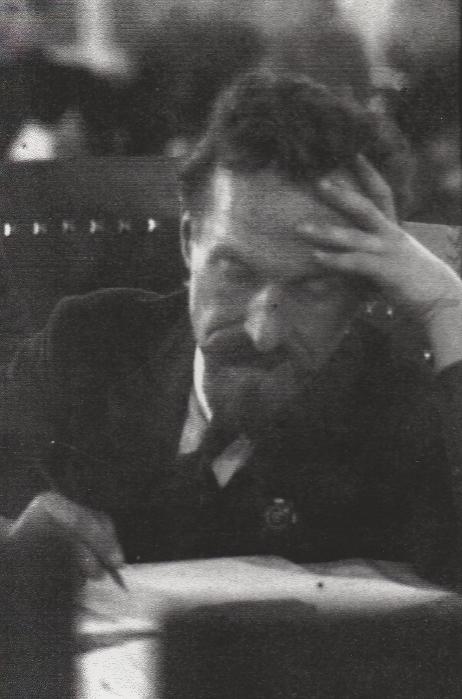Voted in as the General Secretary of the Communist Party of the Soviet Union, head of the Communist Party of the Soviet Union (CPSU), as well as the de facto leader of the Soviet Union, Alexei Rykov would begin an Era known in the Soviet Union as that of so called Rykovism. As part of the Council of People’s Commissars accompanied by Bukharin, Kamenev, Zinoview and in coalition with Molotov and Kalinin, as well as others, the future of the new, young Soviet Union had to be decided. His heavy taxation on Vodka later on would give the drink the nickname Rykovka inside the Soviet Union and abroad.
Some of the major decisions to undergo, were regarding the Ukraine and Central Asia, were Soviet control and influence was not yet total. Because of that the National delimitation in the Union of Soviet Socialist Republics had to further specify the territorial national units and define them, as Soviet Socialist Republics (SSR), or Autonomous Soviet Socialist Republics (ASSR), while also deciding if it was better to leave as many of them as smaller, more localized ethnic and religious regions of their own, or form bigger multi-nation regions (like the proposed Vostokslavia East Slavic Union Republic) to help with a new type of Soviet Union nation building and merging them into a more homogeneous Union over time. This was a response to the Question if Marxism was a National and International Question, in support of the Deceleration of Rights of the People of Russia by the Bolshevik Government and the idea to create a federated union of nationalities as a new form of government and nation state.
Then there was the question of the Trade-union debate, the dividing possibility if the Trade Unions should be tasked with being educational organizations and school administrations, control economic management and the spread of communism and it’s control over the means of production overall. It soon escalated into the question how much influence the CPSU itself should have in top-down control, or if the people should control it all from down to top. As a part of that the elected Soviets were meant to form a government structure, with committee and ministries aiding in the administration. Sme belied that the model of the NEP (new economic politics) market oriented/ NEPmen or NEPmani noubeau riches (new riches) of letting people make their own production and market decisions was right, others argued that would lead to injustice in form of capitalism again and that at least some form of state control and regulation should be ensured to keep the competition fair and just, to ensure economic benefits and a better standard of living for all. Some even hoped for foreign Capital investors, or the Soviet Union Jews to help them build up the new state, despite some seeing them as negative because they resembled capitalists in the eyes of many in the new regime.
Then there was the question how the still feudal, Soviet peasantry should be brought on pair with the overall industrial countries and nation states of Europe, many of which feared and rivaled the Soviet Union out of the sheer terror the Soviet Regime had brought to most of their monarchies thanks to the Execution of the Romanov family in Yekaterinburg. Logistics, infrastructure and urbanization were all in worse shape then before the Russian Civil War and internal powerful groups, like the Petrograd Soviets and the circle around Stalin still remained as potential dangers.
With grain being the most the Soviet Union at the moment had to offer foreign markets to finance their rebuilding, modernization and industrialization, but also needing it to feed it’s own population after the Russian Civil War, further questions arose how to balance this without creating more suffering for the Soviet people, or slow down their own attempts of rebuilding, modernization and industrialization alike.


